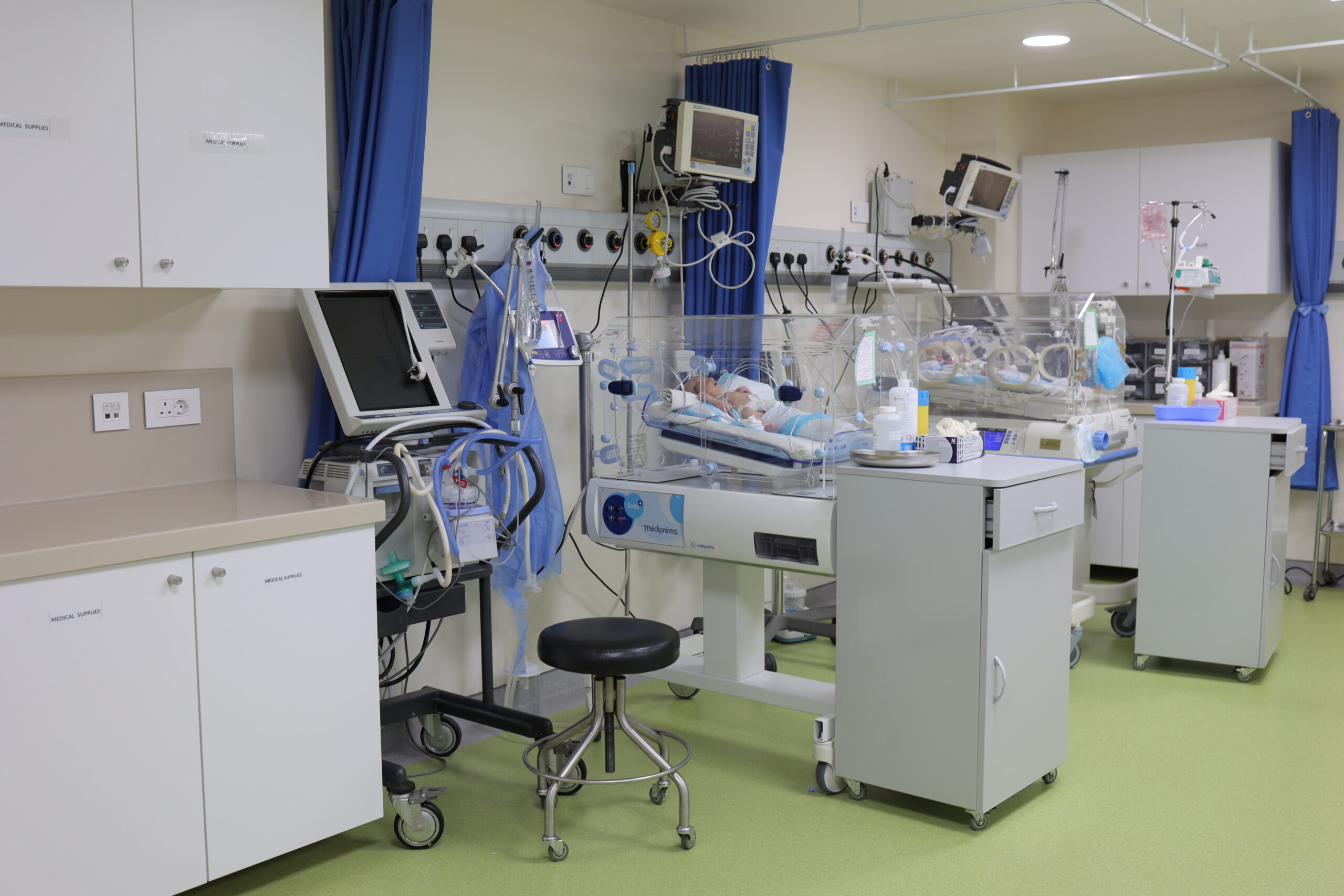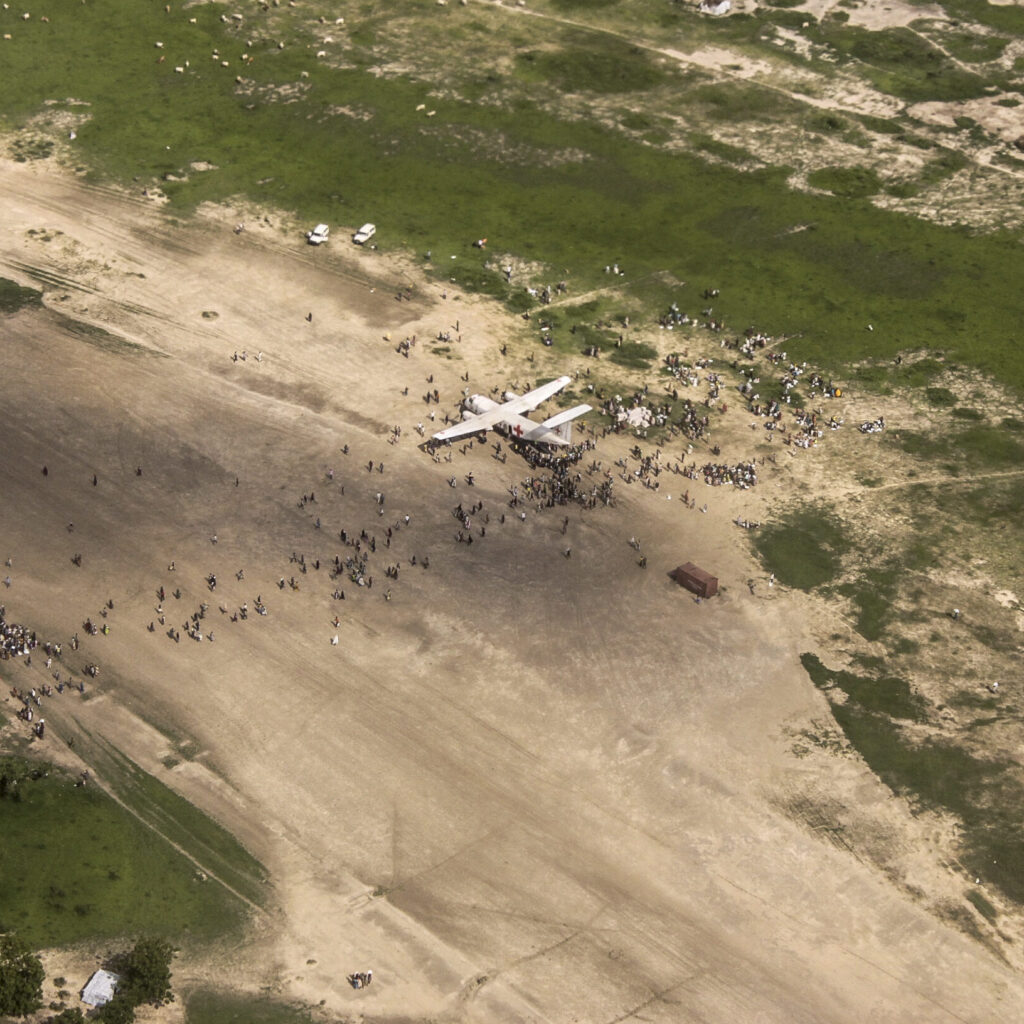September 2022 – January 2025
Health service provision is central to ICRC’s humanitarian work; however, health facilities and hospitals can be vulnerable to various disruptive events, such as targeting health facilities by armed groups, natural disasters or political instability. ICRC’s humanitarian mandate encompasses repairing and rehabilitating damaged health facilities and constructing new facilities, ranging from small speciality clinics to large multi-function hospitals. Conventional risk analysis and management focus on minimising the frequency and impacts of disruptive events. A more comprehensive resilience assessment that would address both threats to health facilities and their ability to respond to natural (earthquakes, drought, storms, etc.) and social (warfare, criminality, surges, political instability, corruption, etc.) disaster, could reduce negative impacts on the provision of health services. This is affected by the resilience of a diverse range of subsystems, such as mechanical and electrical systems, medical equipment, and the organisation of human resources and its relations with the surrounding environment. Due to the diverse range of subsystems that determine health infrastructure resilience, we require a system-of-systems approach.
ETH PI: Prof. Guillaume Habert (Sustainable Construction)
ETH Co-PIs: Prof. Bryan Adey (Infrastructure management), Prof. David Kaufmann (Spatial Development and Urban Policy), Dr. Jennifer Duyne Barenstein (ETH Wohnforum- ETH CASE), Prof. Bozidar Stojadinovic (Structural Dynamics and Earthquake Engineering)
ETH Research Team: Dr. Giulia Celentano – project coordinator (Sustainable Construction) , Dr. Rossella Marmo (Infrastructure management), Dr. Nikola Blagojevic (Structural Dynamics and Earthquake Engineering), Dr. David Kostenwein (Spatial Development and Urban Policy)
ICRC: Pavlos Tamvakis (Head of Project Management/ ICRC Water & Habitat Unit), Alexander Humbert (Construction Project Manager/ ICRC Water & Habitat Unit), Antoine Hess (Senior Partnership Manager, ICRC-RHUH, ICRC Beirut delegation)
Partners: Prof. Mayssa Dabaghi, American University Beirut; Prof. Yiannis Xenidis, Aristotle University of Thessaloniki;
Fotos of the project



